The last few years of tourism have been "fabulous", but there is already a slowdown in numbers and the coming times "require attention", either for the external factors influencing demand, or for what the region needs to do to become more resilient to those same external factors.
In conversation with Sul Informação, João Soares, Algarve delegate of the Hotel Association of Portugal, and Vítor Neto, president of NERA – Algarve Business Association and former Secretary of State for Tourism, look with satisfaction at the last few years and with concern for what is to come.
This is another article in the series that our newspaper is publishing before the elections and in which he spoke with specialists from different areas to make a diagnosis of the Algarve. The first work published was about the technology and the second about the transportation, a theme that, incidentally, is also considered essential in the tourism sector.
In addition to the views of the interviewees, an infographic with data from the by date (see below) that prove the good results of the last years and the current slowdown.
For João Soares, «the last years of tourism were fabulous, from every point of view. Our country had a huge media impact and we started to be discovered by markets that were not ours. The Algarve kept the traditional markets, but grew in some markets that were not, at all, the usual customer. The best example of this is the French market».
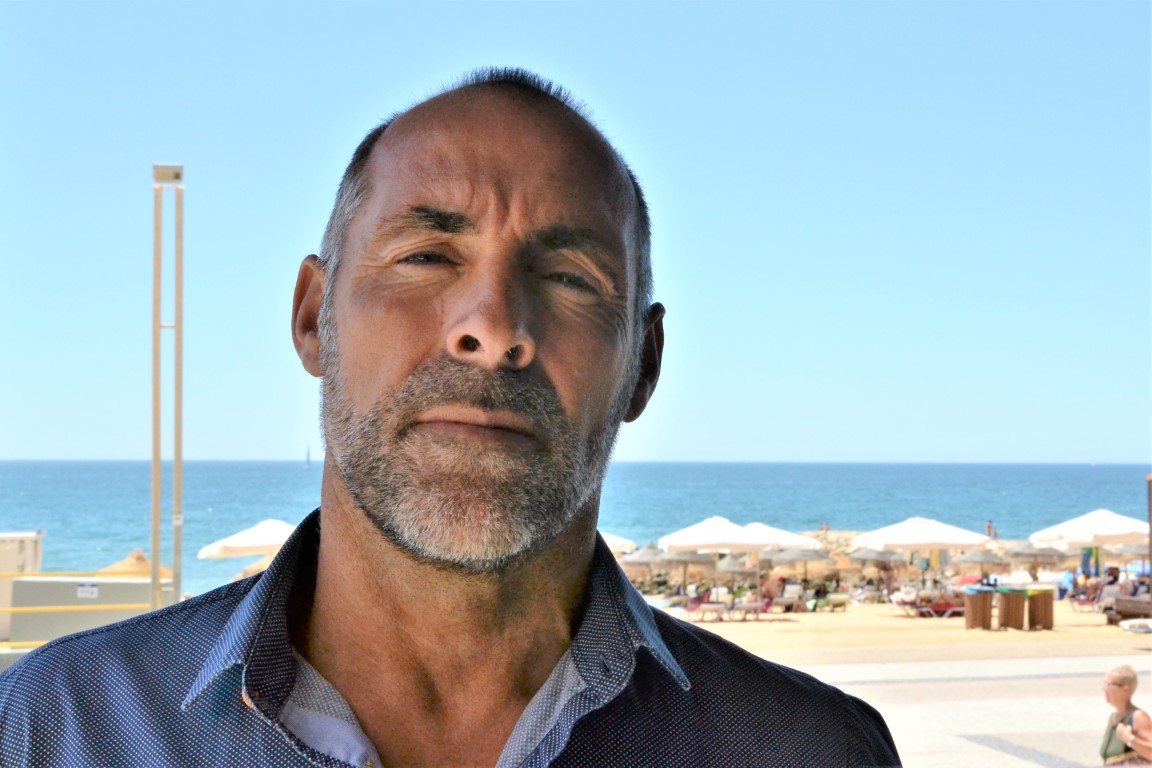
In those years, between 2015 and 2018, «there were a lot of press releases, a lot of news about the country, a lot of news in the United States and Brazil and even the air connections changed substantially. Today we have connections, at the national level, to Israel, to China, to the North of the United States. Finally, the country became a destination. Before, Portugal had two or three places that were tourist destinations: Lisbon, Porto and Algarve. Then there was one place or another like Évora, Óbidos or Fátima. But today the whole country is a tourist destination», adds the head of AHP.
Vítor Neto agrees with this view, but there was something that did not change that much: the importance of the Algarve in the tourism sector.
“During this period, tourism changed a lot and spread to other regions, which is very positive. Tourism interconnects, interconnects and gains strength from the strength of other regions. In the case of the Algarve, in 2002, we had 11,5 million overnight stays from foreigners, but in 2010 it rose to 9,5 million overnight stays».
In 2013, «we had 11,5 million and, in 2018, there were 14,5 million overnight stays from foreigners in classified accommodation. This is relevant data because there are three million over 11 million. If it is true that the Algarve has already represented 50% of overnight stays from foreigners and now represents 35% to 40%, it is also true that the Algarve had three million more overnight stays than Lisbon, nine million more than Madeira and triple the number of overnight stays from foreigners from Porto and the North. This is a reality that cannot be concealed», considers the former governor.
With the “healthy” competition that is made by other regions, João Soares says that a new challenge has been created for the region. «The Algarve, ten years ago, was the country's top tourist destination, based on a policy that the best we have to offer is the sun and the beach. However, seven or eight years ago, we changed this way of communicating, investing more in nature tourism, in active tourism. We tried, in some way, to keep up with new trends, which seems good to me».
However, this was not the main reason for the tree tourist in recent years. “The crisis in the Middle East made Portugal and Spain grow enormously. Turkey is among the biggest tourist destinations in the world and, with a crisis in Turkey, these countries benefited a lot», explains the AHP delegate.
The Algarve benefited, but did it seize the opportunity? João Soares thinks that… more or less.
“The region has not taken full advantage of the good years to prepare for the future. It was not an opportunity that was fully used, just a part, because the Algarve had a great notoriety, it became better known, but it continues to have problems in terms of product and public and private infrastructure».
Among these problems pointed out by João Soares, Vítor Neto specifies some, namely in “mobility, which is a strategic problem”.
«The Algarve receives millions of tourists, generates millions of income, but people waste hours between the hotel and the airport. Making a distance of 30 kilometers can take a long time. The problem is not just the tourists: it's the residents of the Algarve, the young people, the workers who have to drive to work, the students who need to go to University and who have to rent a room because they do it every day the route in Faro and Portimão, for example, becomes a difficult task», he considers.
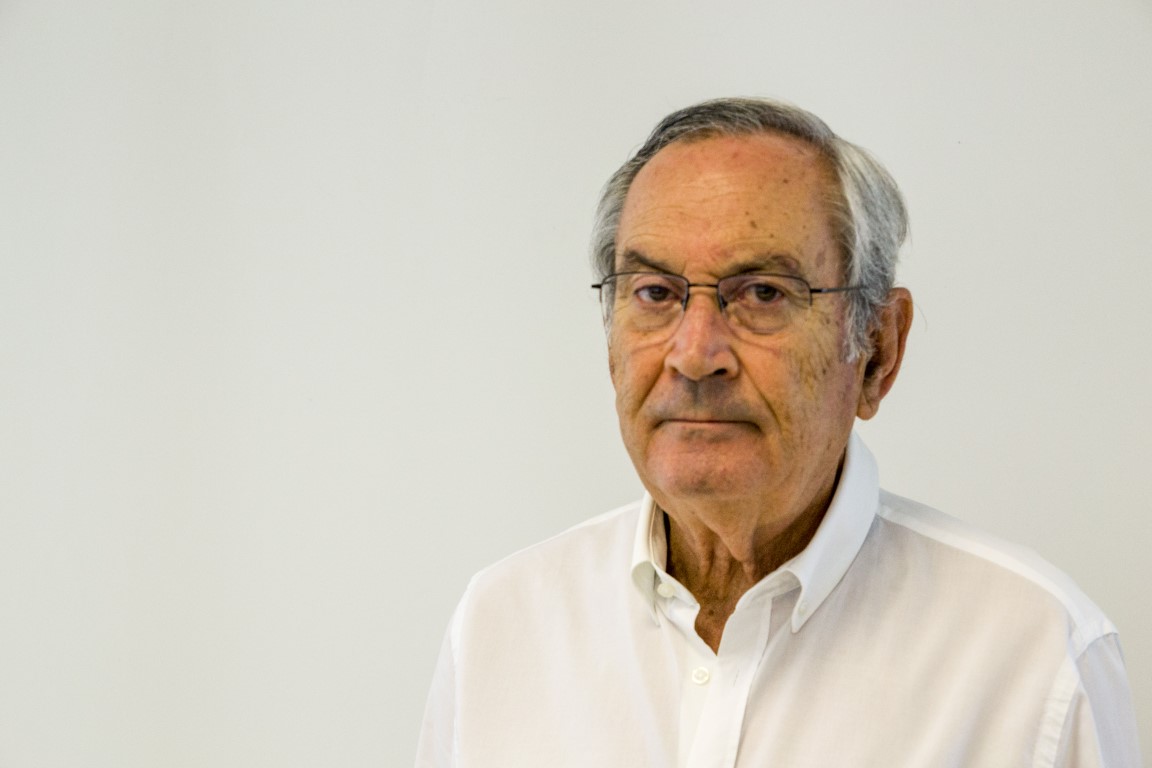
Vítor Neto points out «the dramas of the EN125 and Via do Infante. We have the electrification of the railway announced dozens of times a week, by several ministers, and the railway connection to the airport is essential. If we “evicted”, by rail, the thousands arriving at the airport, we would relieve the A22 and EN125 in a brutal way».
On the other hand, "tolls are a barrier to Spaniards," he adds.
For the president of NERA, these are issues that “are not resolved due to the lack of political power in the region. The responsibility lies with the Algarve. If citizens, businessmen and local authorities united, the situation had already been resolved and the ministers would not come again to promise what they do not fulfill”.
To solve the problem once and for all, Vítor Neto says that «Algarve has to assert its political weight in the tourism sector at national level».
«It is unacceptable that it should be underestimated, as if tourism were something that “goes by itself”. The Algarve has responsibilities that demand decisions, instruments and means that cannot be postponed. Algarve Tourism has to be valued at a national level and sometimes it isn't. We are the most important region in the country and, in order to move forward, we must have political support», he shoots bluntly.
For his part, João Soares points out the issue of articulation as a priority to develop the region in terms of tourism.
«The Algarve Tourism Region brings together all bodies and all entities, but then fails on an issue that is not understandable by those who visit us. The EN125 is managed by Infraestruturas de Portugal, the beaches are by the Portuguese Environment Agency, by the private land transport, by the CP, by the Airport, by ANA… Something is missing as mentioned above by several hoteliers who are a “Destination Manager”, a manager of destination, so that everything is articulated and so that we speak with one voice», he defends.
The hotelier believes that “those who visit us do not understand why in one municipality the landscaping is great and in the other it is bad, why in one municipality the signage is great and in another it is bad, or why there are activities in a municipality permitted and in another municipality no longer'.
For João Soares, «competition is created in different areas of the Algarve. I must say that, as a member of the General Council of the Hotel Association of Portugal, we tried to make several contacts with AMAL (Intermunicipal Community of the Algarve) and did not even get a response when discussing tourist taxes», he exemplifies.
In the specific case of AHP, «we know that all these bodies meet in the Tourism Region, but we, hoteliers, do not have any information about the reasons for the meeting, what they dealt with and how they dealt with it».
Furthermore, continues João Soares, «the time it takes today to resolve some situations that are considered serious for the Algarve cannot continue. For example, in land transport. Today, whoever leaves Portimão, to reach Quarteira, has to transfer in Albufeira, in Vale de Paraíso. At night, there is no public transport…».
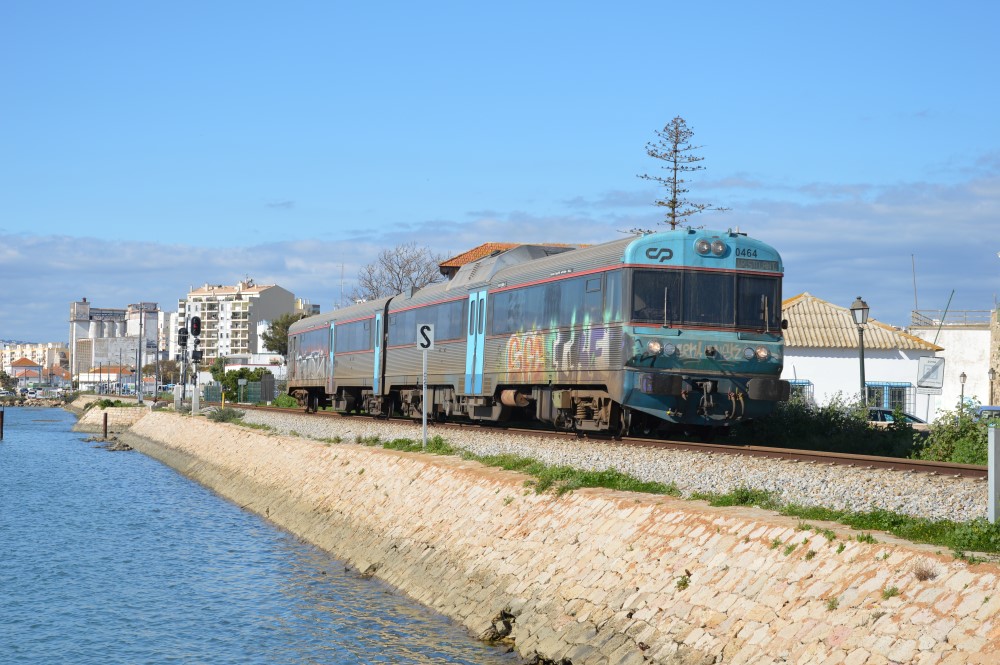
Then, the so-called railway «could be a product and a good way to visit the Algarve, since a good part is on the seafront. However, there are railcars with three carriages, all graffiti and rotten. There are all these issues and the strategy made has to be monitored by the entities».
João Soares says that "everything comes down to articulation".
“We should all talk to each other, be more in tune. A good example of this is the regional level overlap of events. We have good events happening at the same time in different municipalities. It seems that there is a competition between municipalities, to see who has the best event. That's why we need a Destination Manager for the Algarve», he defends.
For João Soares, there is the idea that tourism is just about airlines, hotels, beaches and activities that take place in the Algarve. But it's not like that.
«Tourism is a set of things: taking care of the roads is tourism, the presentation of transport where people travel is tourism, the quality of activities is tourism, the information at the airport is tourism. Everything is part of tourism», he considers.
Vítor Neto has a similar vision, since he considers that «the Algarve needs a strategy, political instruments, businesspeople working with each other and that the various sectors feel complementary».
“We can't have a good hotel, with a desert all around”, he exemplifies.
The president of NERA says that «each one of the municipalities works in a closed manner, taking into account political objectives that guarantee the success of their municipality. Local authorities do not pay enough attention to what is next to them, to what is missing and, in the Algarve, many things are lacking».
The importance of tourism for the region is highlighted by both Vítor Neto and João Soares.
The former secretary of state argues that “the importance of tourism in the economy is fundamental”. But should the Algarve only have tourism?
"Not. The problem is not that there is too much tourism, it is that other sectors have too little. The fact that agriculture, industry, the sea, agribusiness and other services are not sufficiently developed weakens tourism. If foreigners come to consume what we import, it is a disadvantage», defends Vítor Neto.
João Soares, for his part, considers that "we have a region that lives off tourism and often does not live on tourism."
And he exemplifies: «it is unacceptable for a customer to arrive at a restaurant at 22 pm and be told that the kitchen is closed, or at 00 pm and told they are only open for dinner. If we really want to be proactive, we have to take care of the tourist».
This proactivity is particularly necessary in the context of Brexit, bearing in mind that “the United Kingdom is our main source market, especially in the so-called low season”.
Vítor Neto also fears the effects of the United Kingdom's exit from the European Union, taking into account the current situation, which is one of growth in this market. “This year, we are losing Germans, Dutch and French, but the English are still holding their position and even strengthening. Hence the surprise that Brexit can bring, which can be dramatic».
Furthermore, “we are witnessing a change of cycle in world tourism. There are changes in customer behavior, attitudes and there are new mechanisms for the decision to travel to hire, through online technologies».
Today, «the customer compares prices, listens to opinions and decides. We were excited about the awards we've won, but that's not enough. The great operator that is the Internet conditions opinions and values what it is interested in selling».
Another change is taking place in the air traffic market.
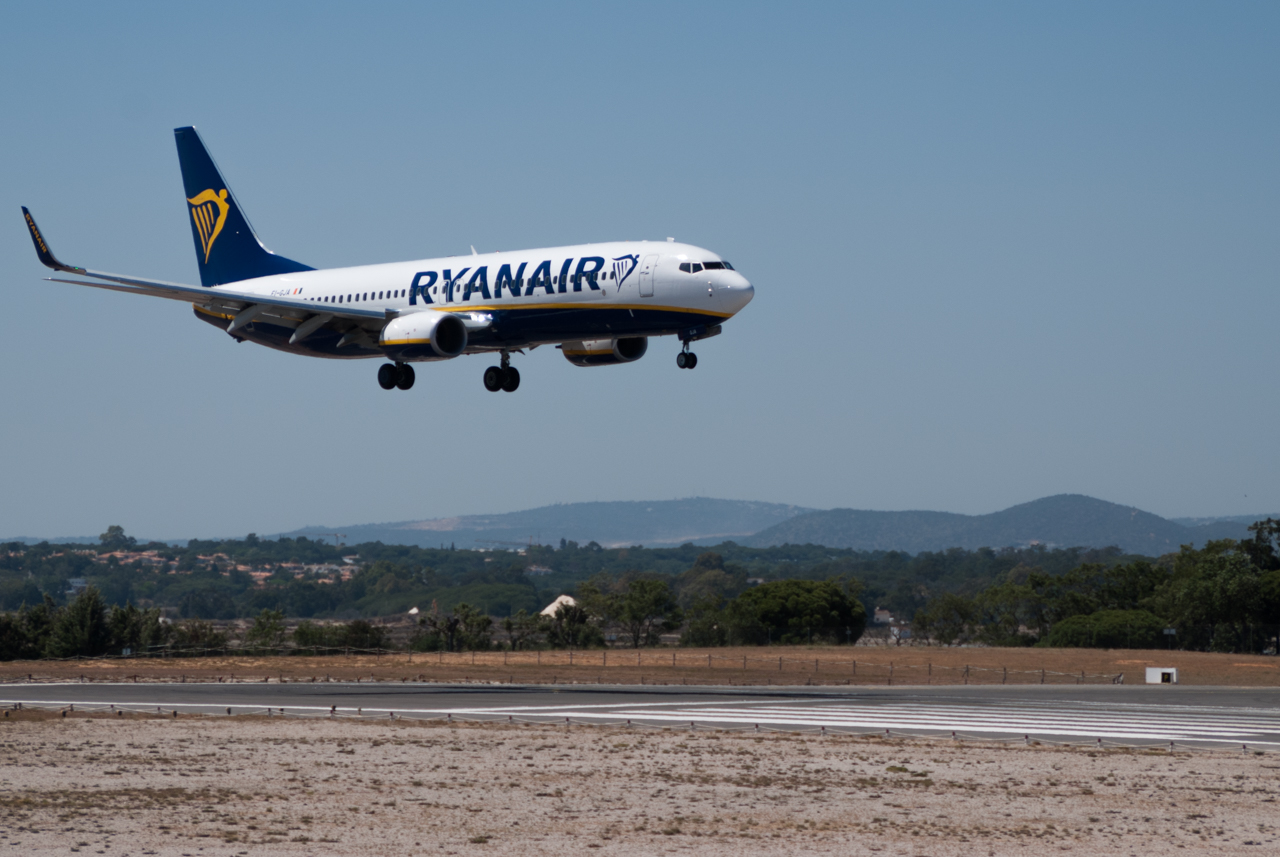
“Ryanair, for example, is showing signs of fatigue, retreating, eliminating bases and that should worry us. Revolutions cause transformations, but they have dynamics and limits and it is necessary that we, as builders of the offer, take this into account. We cannot embark on fantasies and illusions and stop walking with our feet on the ground», says Vítor Neto.
The definition of a correct strategy is essential for the former ruler who recalls that, «between 2002 and 2010, there was a strategic deviation in the Algarve. It bet on tourism that was very much directed towards real estate and for attracting home buyers».
Vítor Neto speaks of what he considers to have been “an anecdotal experience”: “Allgarve, the PINs (Projects of National Interest)… There was no promotional activity to consolidate the markets we had conquered during the Expo 98 period. bet on goals that were not consistent. It is clear that real estate is essential in tourism, but sometimes it has its own dynamic and can have consequences. The bank became the owner of the investments and there were difficulties in the companies in the sector. At the moment, the situation is outdated and there is even talk of a lack of supply in real estate. But in that period we didn't grow, because there was a wrong focus», he accuses.
In recent years, 365Algarve was born, a cultural program that aims to help combat one of the problems in Algarve tourism: seasonality.
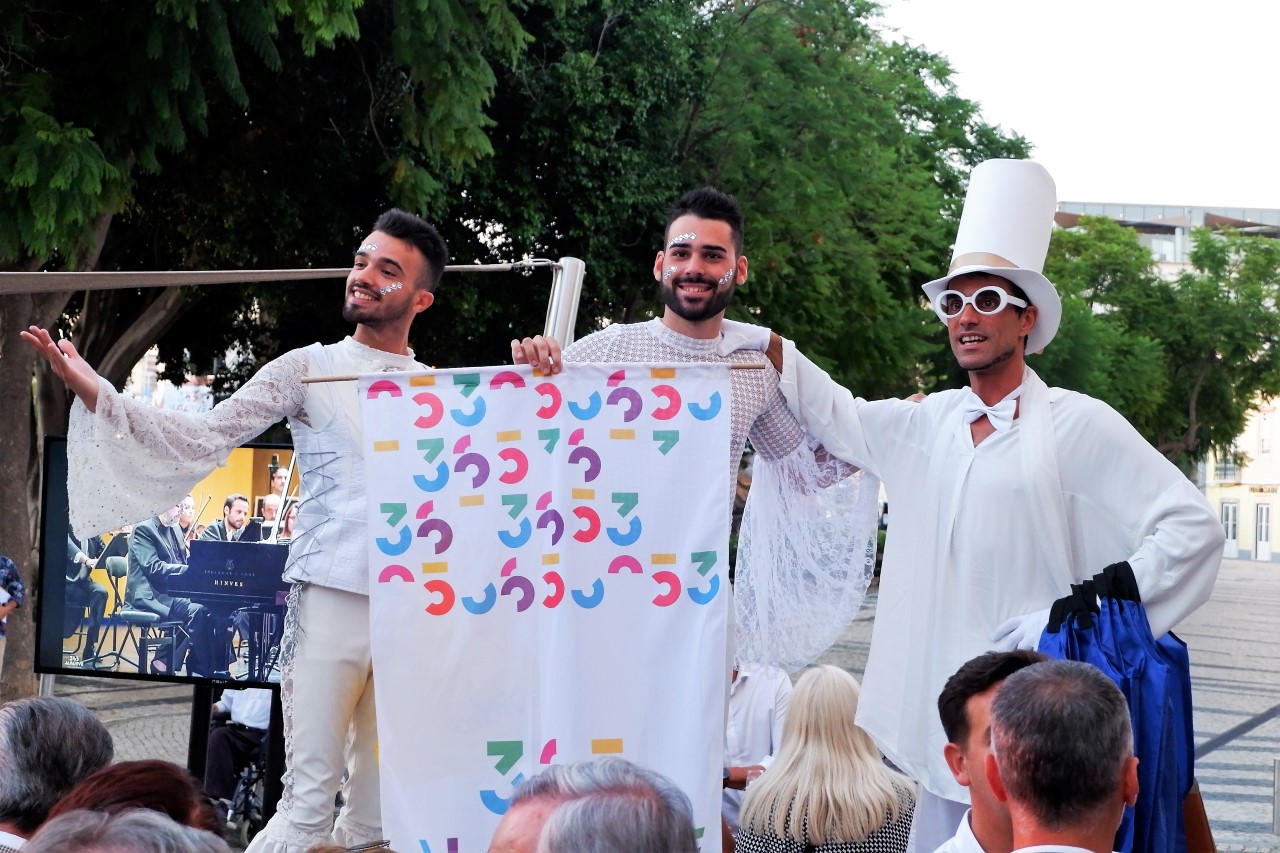
However, according to João Soares, from the hoteliers' point of view, this was a “well thought out, but poorly executed” product.
«The program was designed to attract people in the low season, but the product, at an early stage, had no articulation with the hotel industry. In the end, animation events were created without having thought about how to bring customers to the shows. For example, a client staying in Vilamoura, how does he get to an event in the Algarve mountains, for example, at night?” he asks.
Although “in recent years there has been an attempt to improve the program, I don't think it was an asset. We think it would be more important to use the funds for three or four anchor events, which would give the Algarve a good position, than to do things with little impact, for 30 or 40 people», he adds.
Asked about the region's tourism problems that urgently need to be resolved, João Soares highlights wild caravanning.
“It's a terrible situation that gives the region a feeling of anarchy. We have already made concrete and objective proposals. What we defend is the forwarding of everything that is caravanning to licensed parks and creating rules with signs. It is also necessary to make publications on the Algarve Tourism website highlighting that it is completely prohibited and that fines cost between X and X. Caravaning brings a series of problems when it is not practiced in its proper space».
In terms of challenges, the head of AHP highlights "landscape, land transport and human resources".
On this last point, which has been much debated in recent years, the hotelier says that “this is the great challenge: retaining good human resources. We believe that companies today already have good human resource retention policies. For this it is necessary to pay good people well, but not only in terms of capital, also from a social point of view».
Looking ahead «it is always difficult and the Algarve is so different and has such different areas… But we have to communicate with a better, more evolved audience. And, on a cultural level, the Algarve still has work to do. When I say cultural, I mean places to visit. It's a bit betting on a return to origins, it's not doing events or theaters. It's telling them our story, talking about our churches, our castles. What do people look for in destinations? Culture, gastronomy, activities, climate and safety. And we have everything», concludes João Soares.
This content integrates the project "Network Elections 2019", from which the Sul Informação is part.
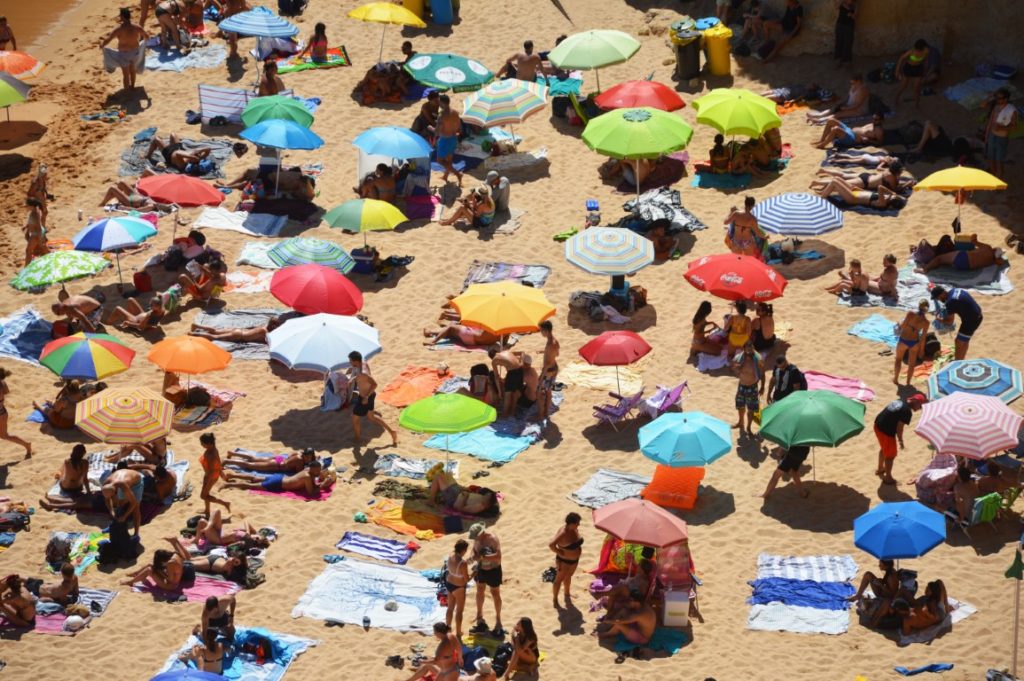


















Comments